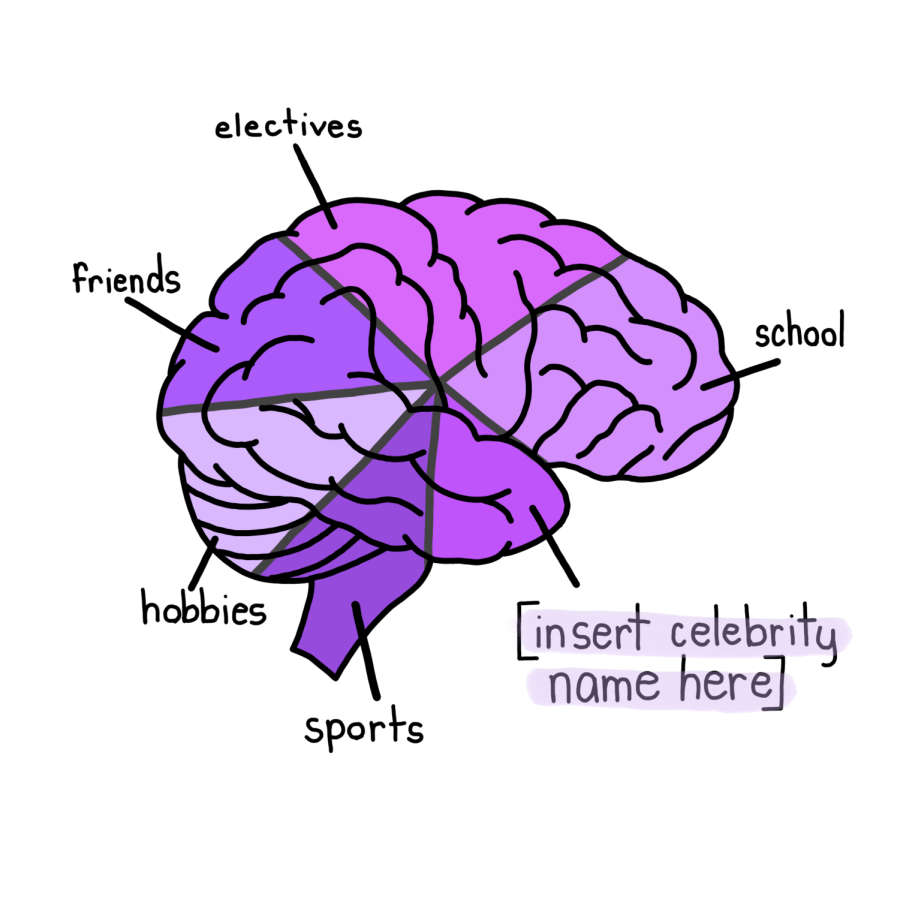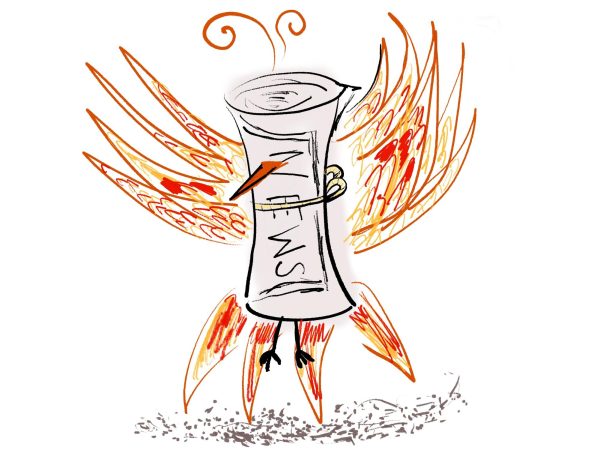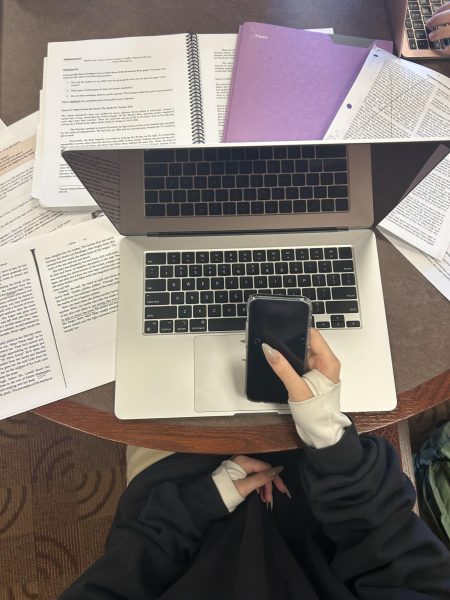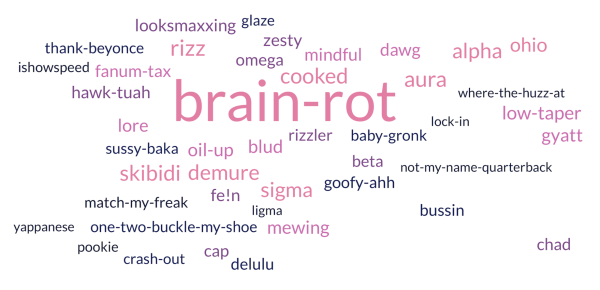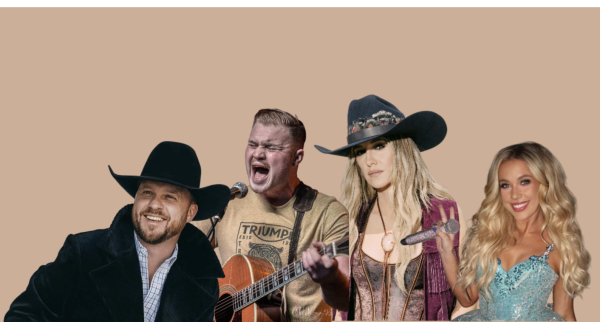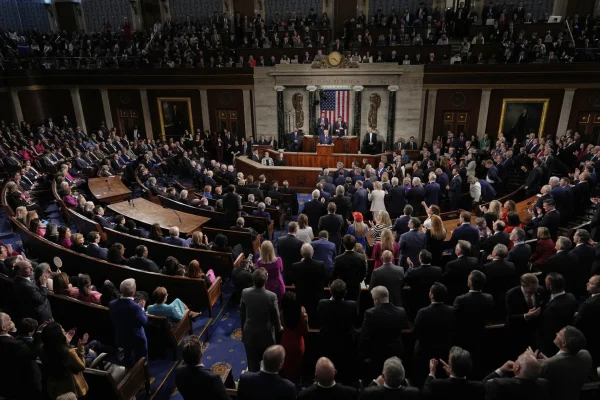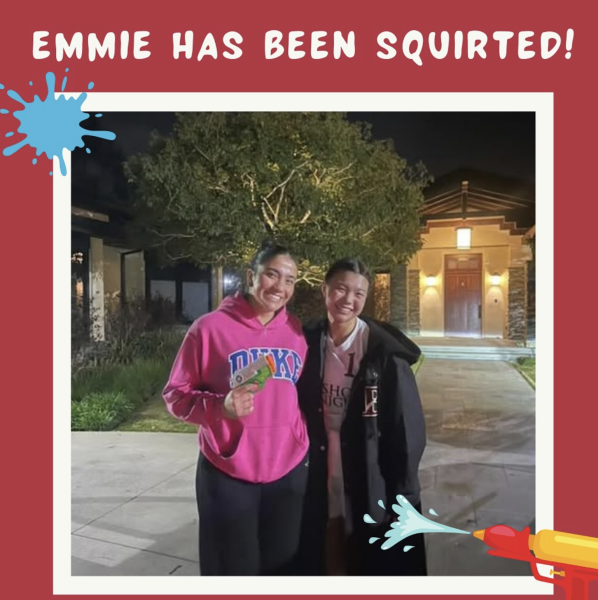Friend or Fiction?
Feeling more like a friend than a fan of celebrity is a common — and misunderstood — phenomenon
Parasocial relationships — imagined friendships with a celebrity or fictional character — can be beneficial, but should not completely replace in-person friendships or occupy all of your time.
There was no reason for me to know that March 17, 2023, marked the start of Taylor Swift’s Eras Tour. I didn’t have tickets and neither did any of my friends; so why were there several text threads dedicated to discussing highlights of the night, sharing grainy livestreams of the event, and dissecting possible hints at a new album?
None of us know Taylor Swift personally — or any other celebrity, for that matter — but we still felt invested in a concert we could not go to for a person we had never met. This is an example of a “parasocial relationship,” as it is known in the psychology world: a one-sided friendship or bond that people create with actors, singers, athletes, and even fictional characters.
The term was coined by sociologists Donald Horton and R. Richard Wohl in the 1950s as a response to the growing popularity of T.V. and radio. As people increasingly engaged with new media, Horton and Wohl observed that “the most remote and illustrious men are met as if they were in the circle of one’s peers”; in other words, the public felt as if they knew the people they saw on the screen and heard on the radio.
This type of relationship, while it has existed as long as celebrities have, has become more accessible in the past years. When the pandemic isolated us, music, movies, and sports brought us more comfort than ever; mixed with the inability to interact with friends in person, people on our screens seemed to be friends as much as those in our “real” lives.
This isn’t necessarily bad: as journalist Jessica Gross reported in a 2021 article for the New York Times, parasocial relationships can be nourishing because “We don’t always have much time for socializing, and parasocial relationships don’t require any maintenance. We can dip in and out of them as we please.”
According to Chair of History and Social Sciences Ms. Karri Woods, “Every human has an intrinsic desire to connect with other humans,” which can manifest in parasocial relationships. When we read a book or listen to a podcast, we want to understand the experiences we are observing and “find ourselves attracted to certain people, which can sometimes lead to us imagining what it would be like to be their friend.”
Social media has expanded the extent to which fans can interact with celebrities and each other. Angelina Kim (‘25), a proud BLACKPINK and Taylor Swift fan, acknowledged that “social media is really helpful” because it allows her to stay updated, both about new music releases and celebrities’ personal lives. Referencing Taylor Swift’s rumored breakup with her longtime boyfriend, Angelina commented that she’s “read several articles and [feels] pretty strongly about it.”
This emotional investment can help people maintain the “relationship” they have with the celebrity. For Ms. Woods and her husband, who listened to all 189 episodes of the Reply All podcast together on long drives over the course of several years, the hosts felt familiar and friend-like. When the show fizzled out, it felt like a loss.
The phenomenon of becoming invested in a celebrity may seem strange, but according to Alex Kresovich, a doctoral student at the University of North Carolina Hussman School of Journalism and Media who has published research on parasocial relationships, it is actually quite common and normal. “The feelings people have with these media persona are nearly indistinguishable from their friends in real life,” he revealed to the New York Times.
But many people get the wrong idea about parasocial relationships, equating them with “celebrity worship,” an unhealthy obsession with celebrities that, in extreme cases, can result in stalking, death threats, and other worrying behaviors. These are a very small subset of people and are not representative of everyone with a parasocial bond.
As Ms. Woods noted, “There is a range of typical behavior.” One person who has been an avid watcher of a recently canceled T.V. show might tear up at the last episode, while another viewer will move on without a second thought.These reactions, while different, are fairly harmless and much more typical than celebrity worship.
In fact, parasocial relationships can actually have numerous benefits. Since becoming a fan, Angelina has “joined a community of Swifties,” which includes some of her “real-life” friends. Rather than a parasocial bond luring her away from those relationships, it has strengthened them by providing a shared interest.
These relationships not only improve mental health, but they can also be beneficial for physical health as well. Mr. Kresovich analyzed 14 studies from various sources which demonstrated that people with a sense of attachment to a celebrity are more likely to change their behavior after that celebrity discloses a health condition. When actor Charlie Sheen revealed that he had H.I.V. in 2015, it led to an increase in the purchasing of home-testing kits, indicating a larger trend: people listen to celebrities, regardless of actual expertise.
But this can undoubtedly have negative effects. If an influential individual spreads misinformation or hate speech, they can use their platform to reach a wider audience and harm more people. Whether it’s an anti-vaccination tweet or a comment that the sun’s rays aren’t harmful (courtesy of Gwyneth Paltrow), celebrities’ voices have power.
But on a much smaller and more personal level, engaging with celebrities and fictional characters can help people, especially adolescents, discover who they are. Ms. Woods explained that adolescence is a crucial time for exploring the qualities you value in yourself and your friends, and observing qualities in fictional characters and celebrities can help you in that search. In the words of Angelina, “we don’t really know what we’re doing in life,” and these relationships can help us decide our interests.
Parasocial relationships can be beneficial, but they can also grow into an unhealthy obsession if gone unchecked. And while they are enticing, it is important to prioritize your real-life relationships… although there is nothing inherently wrong with checking a celebrity’s Instagram or empathizing with a fictional character.
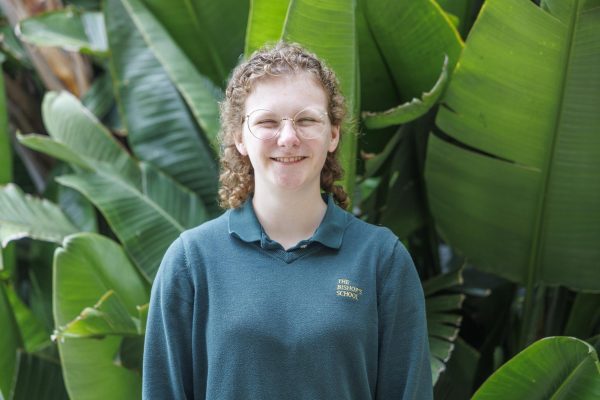
Lucy is a senior and Lead Content Editor for The Tower. This is her fourth year on the staff and second on the editorial team, and she can’t wait to...


